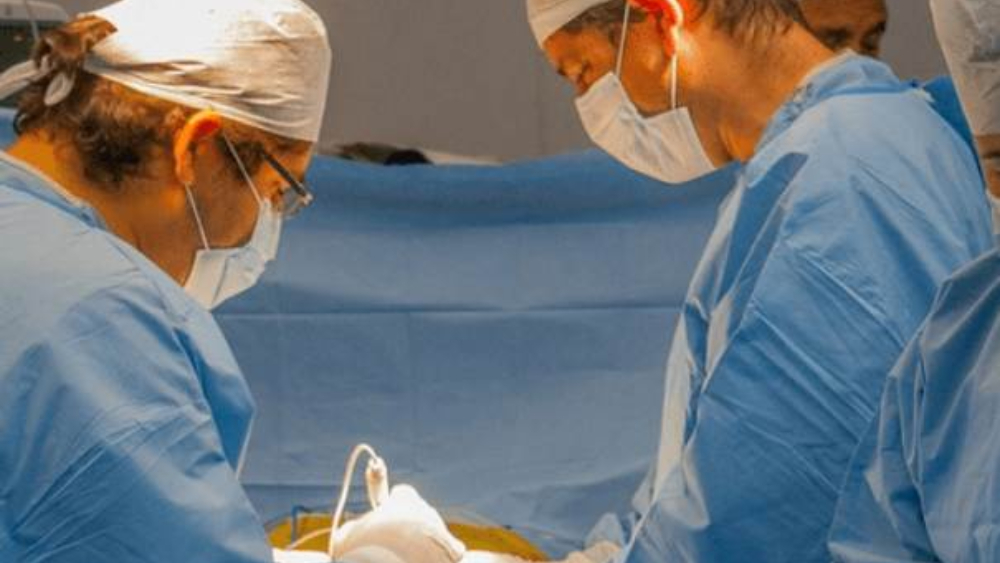#sivacaresforyou

Stomach ulcers, also known as peptic ulcers, are painful sores that develop on the inner lining of the stomach or the upper part of the small intestine. These ulcers are primarily caused by the erosion of the protective mucous layer, which allows stomach acid to damage the underlying tissues. While the leading cause of stomach ulcers was once believed to be stress and dietary factors, it is now widely accepted that the majority of cases are caused by infection with the bacterium Helicobacter pylori (H. Pylori) or long-term use of nonsteroidal anti-inflammatory drugs (NSAIDs). Fortunately, there are several effective treatment options available to alleviate symptoms, promote healing, and prevent complications associated with stomach ulcers.
As H. pylori infection is a common cause of stomach ulcers, eliminating the bacterium is crucial for successful treatment. Antibiotic therapy is the cornerstone of H. pylori eradication. A combination of two or more antibiotics, such as amoxicillin, clarithromycin, metronidazole, or tetracycline, is typically prescribed. These antibiotics work together to attack and eradicate the H. pylori bacteria. Additionally, a proton pump inhibitor (PPI) may be included in the treatment regimen to reduce stomach acid production, creating a more favorable environment for healing.
Proton pump inhibitors are potent medications that help reduce the production of stomach acid. They play a vital role in both H. pylori eradication regimens and as standalone therapies for ulcers caused by NSAIDs. PPIs, such as omeprazole, lansoprazole, and pantoprazole, promote ulcer healing by allowing the damaged tissues to repair and regenerate. These medications are typically taken for a few weeks to several months, depending on the severity of the ulcer.
Histamine H2-receptor blockers, like ranitidine and famotidine, are another class of drugs used to reduce stomach acid production. They work by blocking histamine, a chemical that stimulates acid secretion in the stomach. While not as potent as PPIs, H2-receptor blockers can provide relief from ulcer symptoms and promote healing, particularly in less severe cases.
Antacids are over-the-counter medications that provide rapid but short-term relief from stomach ulcer symptoms. They work by neutralizing stomach acid, which can help alleviate pain and discomfort. However, antacids do not heal the underlying ulcer and are usually used in conjunction with other medications for better results.
In addition to medical treatments, certain lifestyle changes can aid in the management of stomach ulcers. Reducing or avoiding the consumption of irritants, such as spicy foods, caffeine, and alcohol, can help prevent further irritation of the ulcerated area. Smoking cessation is also essential, as smoking can impede the healing process and worsen ulcer symptoms.
While diet alone cannot cure stomach ulcers, consuming a healthy and balanced diet can support the healing process. A diet rich in fruits, vegetables, whole grains, and lean proteins can provide essential nutrients to aid tissue repair. Additionally, some studies suggest that foods with antibacterial properties, such as garlic and honey, may help inhibit the growth of H. pylori.
While stress is not a direct cause of stomach ulcers, it can exacerbate symptoms and delay healing. Engaging in stress-reduction techniques, such as yoga, meditation, or regular exercise, can help improve overall well-being and potentially aid in the recovery process.
In summary, effective treatment for stomach ulcers involves a comprehensive approach that addresses the underlying causes, promotes healing, and provides symptom relief. Antibiotic therapy to eradicate H. pylori, along with acid-reducing medications like PPIs and H2-receptor blockers, is the mainstay of treatment. Additionally, lifestyle modifications, dietary adjustments, and stress management techniques can complement medical interventions and enhance the healing process. It is essential for individuals with stomach ulcers to seek medical advice promptly to prevent complications and achieve a full recovery.
Copyright ©2023 Siva Hospital - All rights reserved | Designed & Developed by Ayatiworks